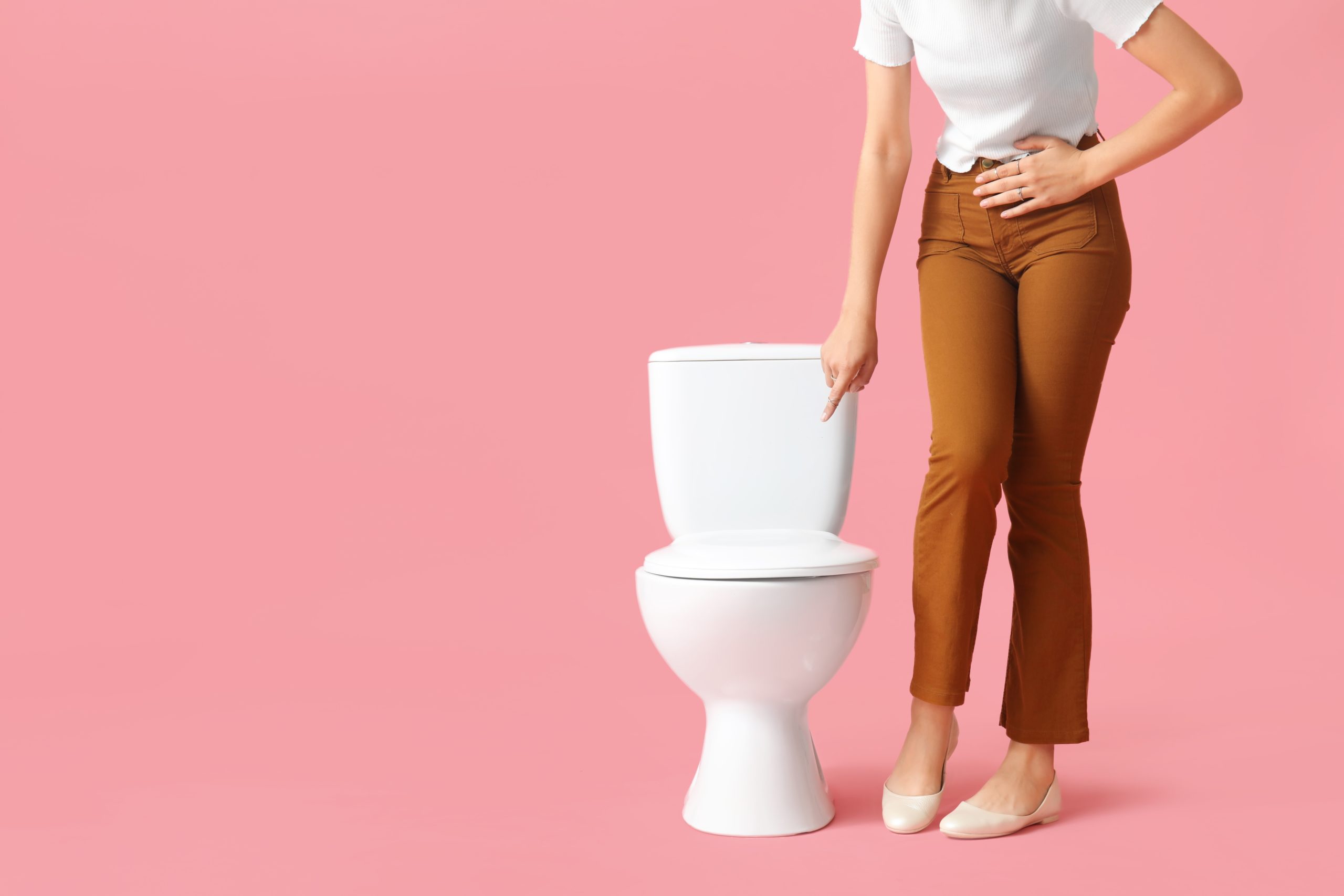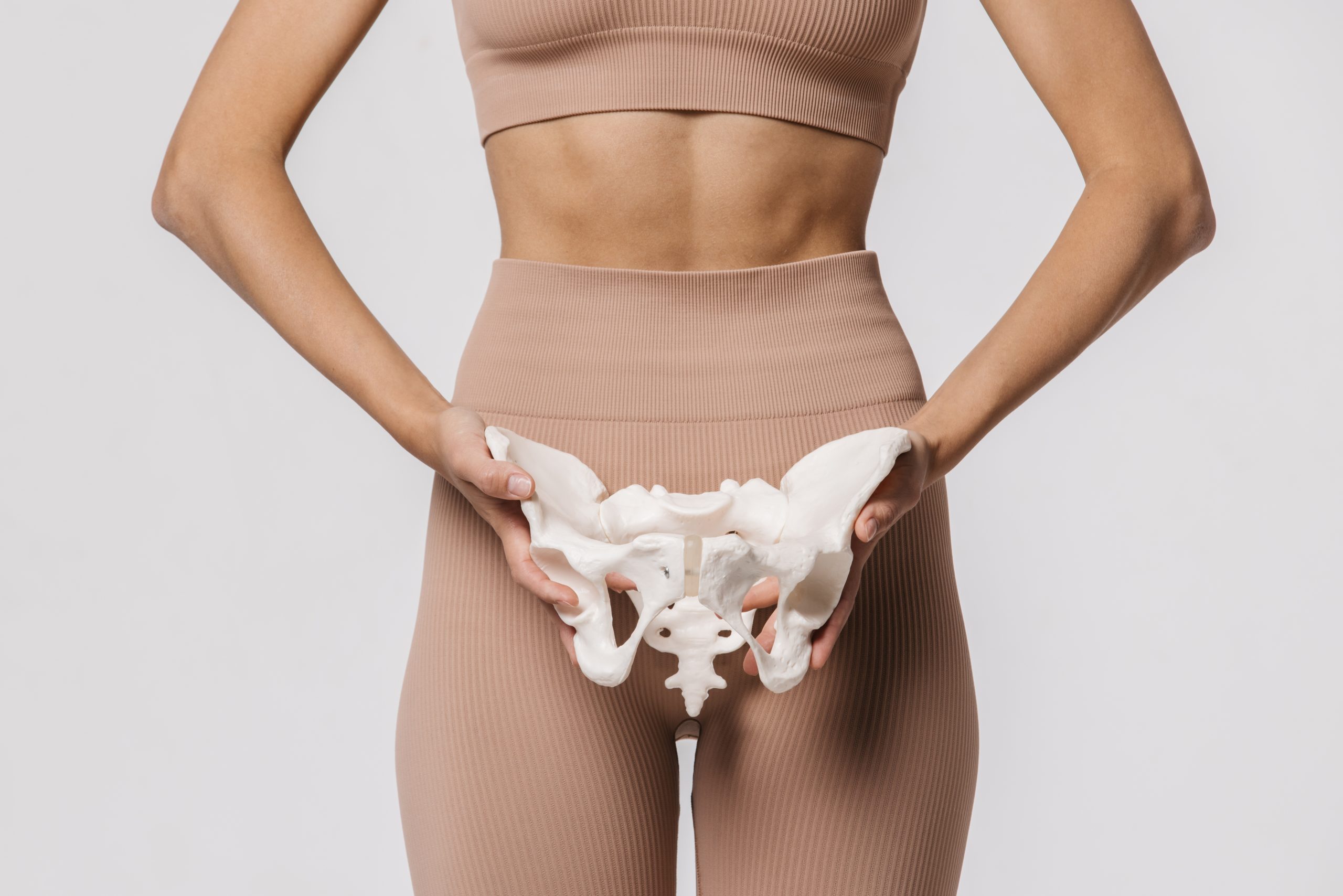
Is Stress Incontinence Different Than an Overactive Bladder?
Table of Contents
- What Is Urinary Incontinence?
- What Is Stress Incontinence?
- What Is an Overactive Bladder?
- Is a Leaky Bladder Different From an Overactive Bladder?
- How to Treat a Leaky Bladder
- Is It Time for You to Seek Treatment for a Leaky Bladder?
It is estimated that there are 33 million American adults that suffer from urinary incontinence or some form of bladder condition. Of these millions of Americans, somewhere between 75 and 80% are women. Around the world, there are about 200 million people that deal with some type of urinary incontinence. Dealing with a leaky bladder or other bladder problems can be incredibly embarrassing.
For this reason, many women are reluctant to discuss this condition with their doctor. Understanding more about a leaky bladder can help you realize that there are treatment options that can help you regain control of your bladder and your life.
For example, stress incontinence and overactive bladder are the two different common forms of urinary incontinence. Determining which of these conditions you are suffering from can help your physician come up with the most effective treatment option for you.
Let’s take a look at the basics of having a leaky bladder. Remember, urinary incontinence is a treatable condition!
What Is Urinary Incontinence?
You might have urinary incontinence if you can’t control when you pee or you pee a lot. There are two primary forms of incontinence, which are stress incontinence and urge incontinence. Urge incontinence is also known as overactive bladder.
Urinary incontinence is when your body involuntarily loses urine. This can happen to anyone, however, it is more common in older people. It is particularly common for older women.
This is a condition that can often be managed or cured. If you experience urinary incontinence, consider talking to your healthcare provider about potential treatment options.
What Is Stress Incontinence?
Stress incontinence is when urine leaks out of your body due to activities that raise the pressure in your abdomen. These activities lead to urine leaking through your bladder’s ring of muscles that typically hold urine in.
Some of the activities that can lead to this outcome include lifting heavy objects, jumping, sneezing, and coughing.
The risk of stress incontinence can be raised for women by being overweight, smoking, or going through childbirth. You are at a greater risk of dealing with this condition as well if you’re going through menopause or currently pregnant.
It is much rarer for men to experience stress incontinence. When they do have this condition it is typically caused by radiation or surgery related to prostate cancer treatment.
What Is an Overactive Bladder?
Overactive bladder (OAB), also known as urge incontinence, is not the same thing as stress incontinence. The two signs that you are dealing with this disorder include the need to urinate frequently and that sensation coming on quickly and with strength.
A number of conditions can cause an overactive bladder. These include diabetes, infections, nervous system conditions, and pelvic prolapse.
An overactive bladder can also occur in people who are otherwise perfectly healthy. This risk of having this type of incontinence goes up if you’re over 60, overweight, or if you’ve been pregnant multiple times. It’s also a greater risk for you if your family is genetically predisposed to this condition.
Is a Leaky Bladder Different From an Overactive Bladder?
The term “leaky bladder” is used to describe both stress incontinence and overactive bladder. It is possible to be dealing with both stress and urge incontinence at the same time.
How to Treat a Leaky Bladder
Having a leaky bladder, no matter the cause, can be seriously disruptive to your life. Luckily, there are a number of things you can do to improve your condition.
Diet Changes
For one, you can avoid certain foods, ingredients, and drinks that may cause bladder irritation and result in or worsen bladder symptoms. These include:
- – Caffeine
- – Alcohol
- – Citrus fruits and tomatoes
- – Chocolate
- – Artificial sweeteners
- – Honey
- – Spicy foods
- – Corn syrup
- – Carbonated beverages
You might consider removing all of these ingredients from your diet and slowly adding them back in one at a time. This way, you can narrow down which one is contributing to your urinary symptoms.
Lose Extra Weight
If you are overweight or obese, losing weight might help reduce instances of a leaky bladder. Studies have shown that losing weight can reduce the number of bladder leakage episodes reported by overweight or obese women.
Many women experience weight gain during their pregnancy as well as during their menopausal years. When you have extra weight around your midsection, it can increase the chances that you will have a leaky bladder. This is because it can put pressure on your bladder as well as weaken or damage your urethral structure and pelvic floor.
Stress incontinence can be brought on by actions like coughing, sneezing, laughing, lifting, and straining. This type of incontinence can be accentuated by obesity.
Perform Certain Exercises
There are a number of exercises that can help you regain control of your bladder. These include Kegel exercises and an exercise known as “the knack.”
Having a strong pelvic floor can give you increased bladder control. Take a look at this article to learn some of the other benefits of strengthening the muscles of your pelvic floor.
Understand Your Treatment Options for a Leaky Bladder
Your physician might recommend a variety of treatments depending on the type of incontinence you are dealing with. These might include medications, surgery, or medical injections. Check out this article or this article to learn some of the treatment options for overactive bladder (or urge incontinence), and read this post o stress incontinence.
Is It Time for You to Seek Treatment for a Leaky Bladder?
Whether you are dealing with stress incontinence or overactive bladder, there are treatment options available for you. Treatment might be as simple as lifestyle changes and avoiding certain ingredients. Regardless of the cause, visiting a urogynecologist can help you with a number of pelvic health issues.
If it’s time for you to make an appointment to work towards freedom from a leaky bladder, contact us today!




surgawin
you’ve gotten a terrific weblog here! would you wish to make some invite posts on my weblog?
Betwing88
Would love to constantly get updated outstanding site! .
fireflypcb.com
I gotta favorite this web site it seems very useful very helpful
real estate in canada
I’m not that much of a online reader to be honest but your sites really nice, keep it up! I’ll go ahead and bookmark your website to come back later. Cheers